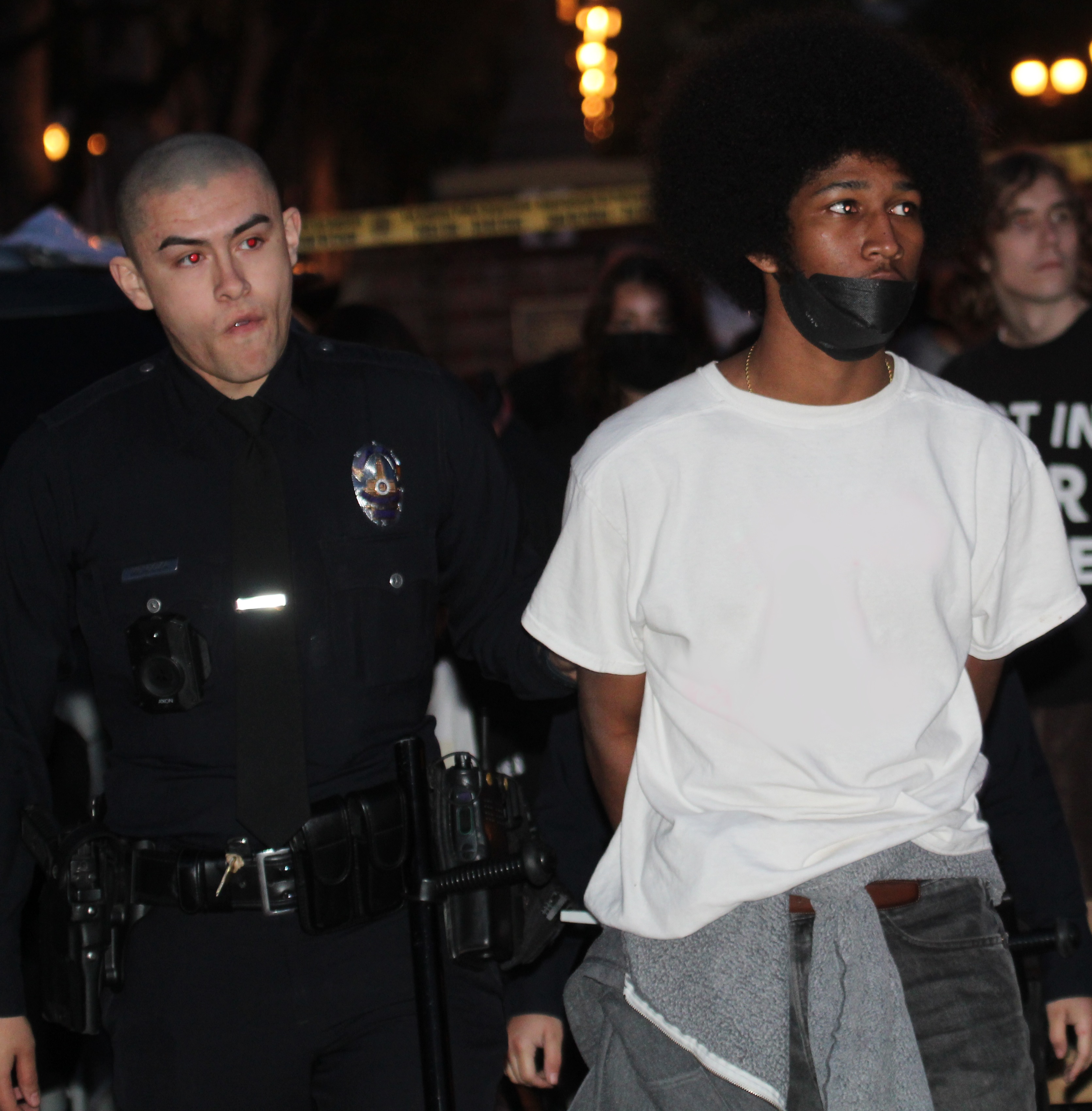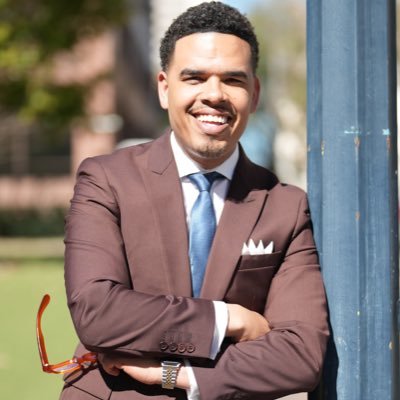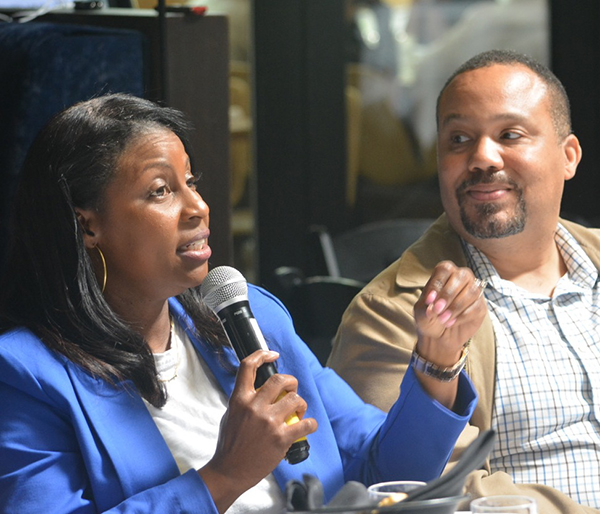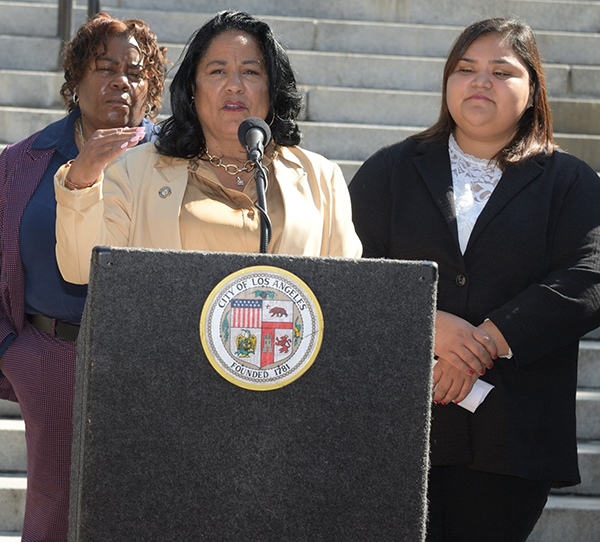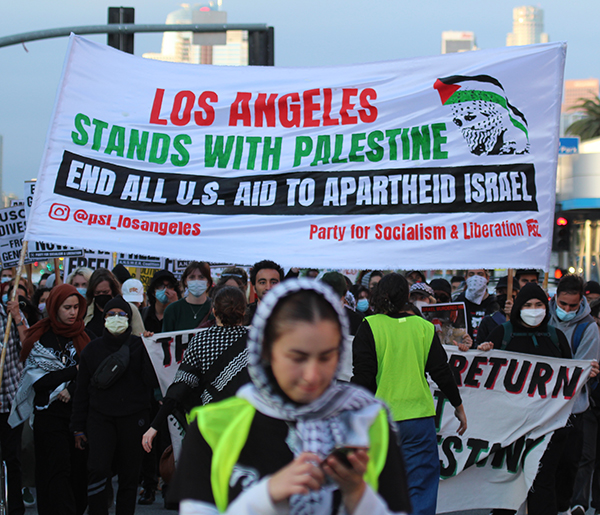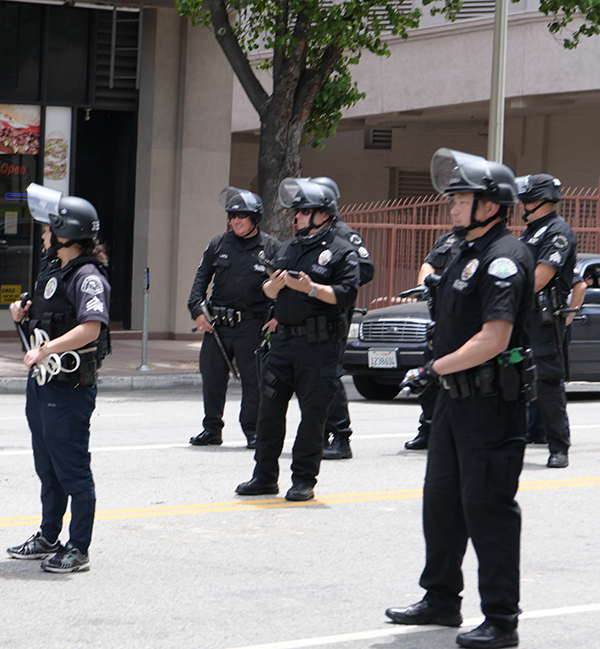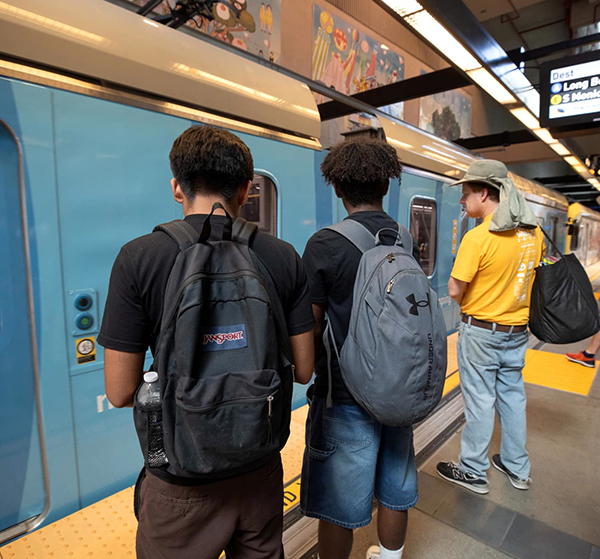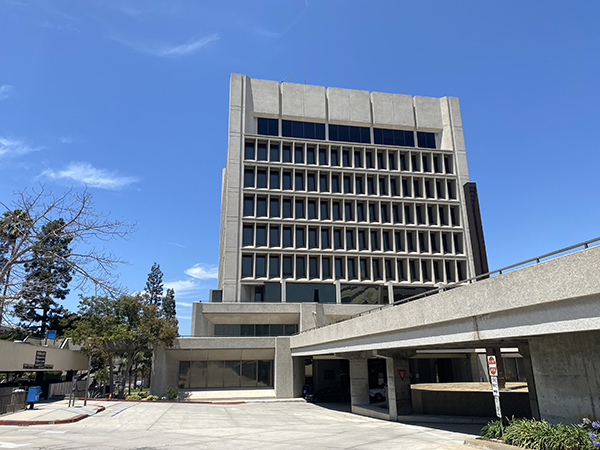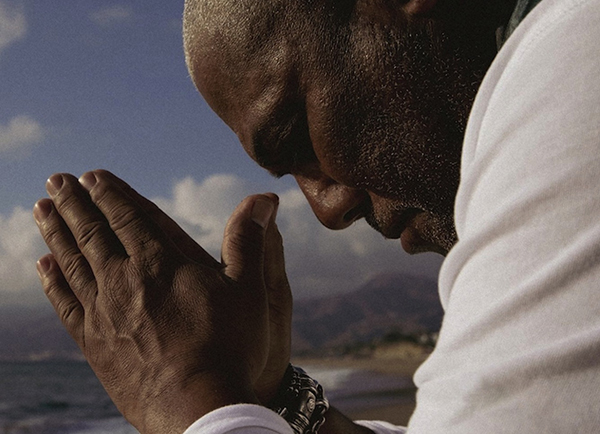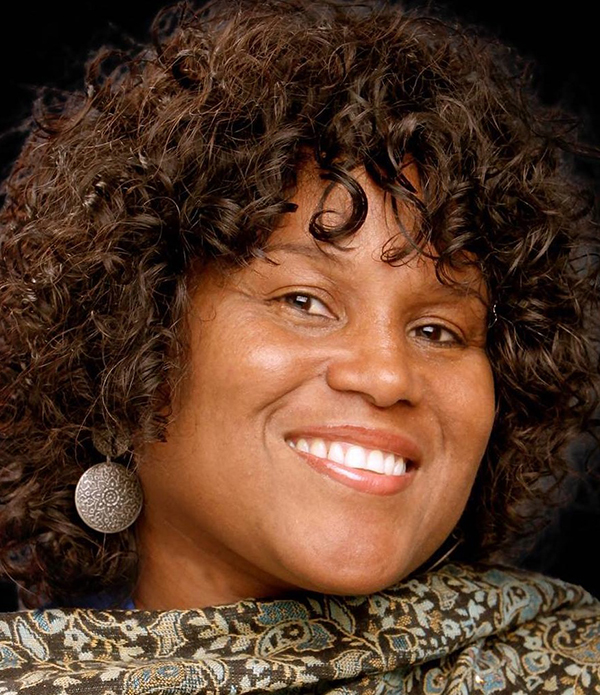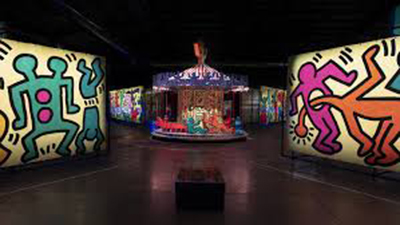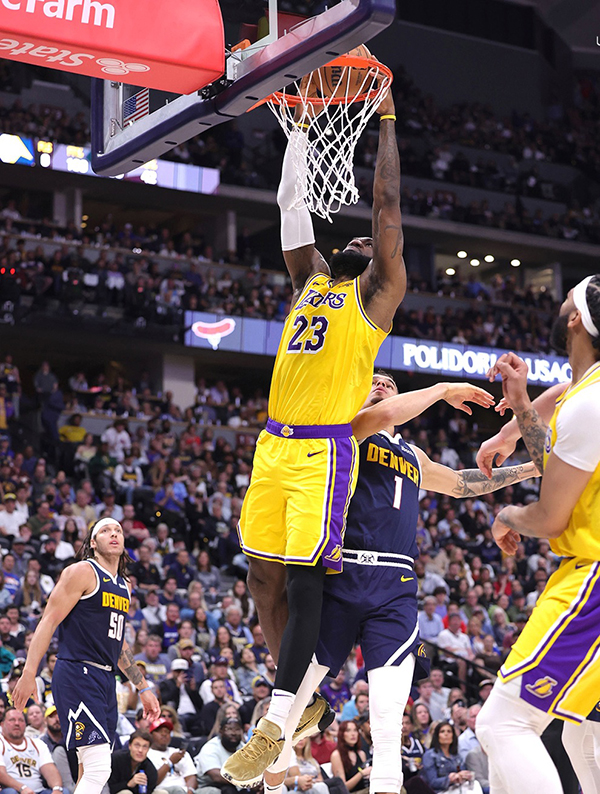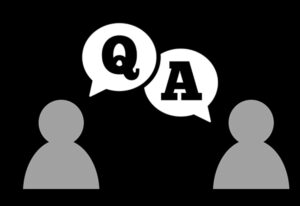
By Darlene Donloe
Contributing Writer
Jonathan Butler is an award-winning singer and guitarist but there is much more to the South African entertainer.
While his ballads leave hearts melting, it’s the lyrics from his protest songs that really pull at the heart. The songs are inspired by his upbringing in apartheid-era Capetown, a place that shaped his worldview, prompted years of advocacy, and instilled the ideology of oneness (Ubuntu), which is also the title of his latest CD.
Butler sings what he’s lived.
“My music is personal,” he said.
A Grammy-nominated performer who for decades has entertained the world with his vibrant voice and acoustic guitar, Butler recently dropped his 28th album, “Ubuntu” on Mack Avenue Records, and it is being reecived well.
The first single off the 11-track project is a tribute to his music hero, Stevie Wonder. Butler covers Wonder’s 1972 song “Superwoman (Where Were You When I Needed You),” produced by his friend and master bass player Marcus Miller. The song includes a remarkable violin solo by his wife, Nadira.
The cherry on top came when Butler sent the song to Wonder for his blessing. Wonder was so impressed that he offered to play harmonica on the track. The CD also features Keb’ Mo’, Miller and more.
A former child star in South Africa, Butler, who now lives in Los Angeles, makes several pilgrimages home to see his family, work, and continue his efforts with the Jonathan Butler Foundation launched to fund music education programs that give children the purpose to overcome a life of drugs and poverty.
For Butler, 61, it’s important to always express his gratitude for a life and career beyond anything he could ever have imagined.
I recently caught up with Butler to talk about his career and “Ubuntu,” which speaks to messages of love, peace and unity and is inspired by his upbringing during apartheid.
DD: Why is the album called “Ubuntu” (Zulu for humanity), which means I am because we are?
JB: When we made this record in South Africa, it was a transitional point for me. I’m going back to my roots. Ubuntu is a daily experience. It’s foundational to the culture. When a country can reconcile from past pain, we won’t forget, but we can move forward. This is showing humanity for others. I decided it would be a great title for the album. I went home to find myself, find my roots.
I went there with Marcus Miller, the greatest producer of all time.
DD: Talk about the songs.
JB: George Floyd’s passing was what got me to write “Our Voices Matter.” The passing of a Black man in the middle of the day in the U.S. triggered to me we still have a lot of work to do. People matter. This song, this album, is really a transition for me. I wanted to make a statement. Ubuntu is my whole energy, my whole life. How can we make this world better? My making music is to see people happy and together and coming together — and have a conversation about the realness of being human.
DD: What motivates you to write?
JB: I’m affected by my environment. I feel everything. The passing of George Floyd I felt deeply. The passings during COVID affected me.
DD: Is this album your love letter to South Africa?
JB: Interesting you say that. This is created out of love — it’s a much broader thing. It’s a message about humanity. We lack humanity. We can do better. There is a lot of fear, hate and division. We have to change the world and make it better. It’s more than a love letter to Capetown. It’s a tribute to my roots. It’s about humanity serving each other.
DD: Do you believe Ubuntu is really possible?
JB: I see it with me every day. You don’t have to worry about other people. Make it your life’s journey. It starts with me. We better get to it — for the young people. My music spells belief, truth, joy and the Holy Spirit. I don’t know any other way.
DD: Talk about what Marcus Miller brings to the project.
JB: It’s so broad. I can only use one word to talk about what brilliant of a mind he has. Marcus knows how to shape the music and the artist into the music. He’s a shaper. He’s a genius in shaping the artist’s sound to fit inside the music. It’s an amazing thing to watch.
DD: Back in the day you told me about how much you love Stevie Wonder. Why did you decide to remake Stevie Wonder’s “Superwoman?”
JB: Marcus chose that song. When we got to the studio in Johannesburg and he opened his computer, he started playing the line on the bass. He said to follow him. While I followed him, I was floored. Because of my love for Stevie, I never wanted to record a Stevie song. I didn’t want to screw it up.
DD: What was the conversation like with Stevie?
JB: I called him the day before we were going to mix the album. I sent Stevie a copy of “Superwoman.” He was unbelievably blown away with this new version of the song. He said to meet him at his studio at 9. Marcus and I were in the studio with Stevie. We were blown away.
DD: Your lyrics are powerful.
JB: In “Rainbow Nation,” I say “We are a rainbow nation. We are the equalizers. We are not the dividers.”
DD: Is it harder or is it easier to write music during hard times?
JB: That’s a really sensitive space to be in. I think having lived what I’ve seen with George Floyd, and having had personal experiences under apartheid and segregation made me acutely aware of my surroundings and feelings. I’m sensitive to thinking about the unjust things happening right now. Don’t do it for the sake of — it has to be from an artist of consciousness.
DD: What is it like when you go home?
JB: What affects me is still the colored areas, Black areas, white areas, Indian areas — everybody is fragmented. We are segregated by fences, yet live in a socially free society but we’re still separated from each other.
What I do find in 2024 is 30 years of democracy and freedom in South Africa. The country is socially moving forward. Steadily interacting. There are issues surrounding economic apartheid. The haves and have nots. Government corruption is standard around the world. South Africa is integrating. I can’t help but recognize that white privilege is in your face in South Africa. It was designed as a haven for whites to me. The whites live in the oceans in the hills. The colored and Blacks live in townships. It was carved out. It’s hard for me not to look at it. I can’t ignore that. I also see that it’s progressive. The Black man is progressive. Because we came out of apartheid, it’s not like it is in the U.S.
We are a country that is moving forward. We are progressive. We have all our challenges. We have incredible minds. That’s why the country hasn’t turned into a civil bloodbath like some thought would happen when Mandela came out of prison. We have incredible infrastructure. There is a real conversation and debate and a fight for justice, a fight for equal rights. We have work to do.
DD: Have you thought about running for office?
JB: You’re talking to a guy that has never been to school. That’s something I wouldn’t have said no to. We still have to win the race for civil rights. I don’t say no. If it was up to me, I would fight hard for equal rights. Our country is beautiful and resilient. We are passionate people with a great story.
DD: Years ago you told me how you always kept extra bread and how, when you’re on the road, you would wash out your socks in the sink. Are you still doing both of those?
JB: Hell no (laughing). At this point, I’ve acquired a few things in life.
“The Q&A” is a feature of Wave Newspapers asking provocative or engaging questions of some of L.A.’s most engaging newsmakers or celebrities.
Darlene Donloe is a freelance reporter for Wave Newspapers who covers South Los Angeles. She can be reached at ddonloe@gmail.com.

